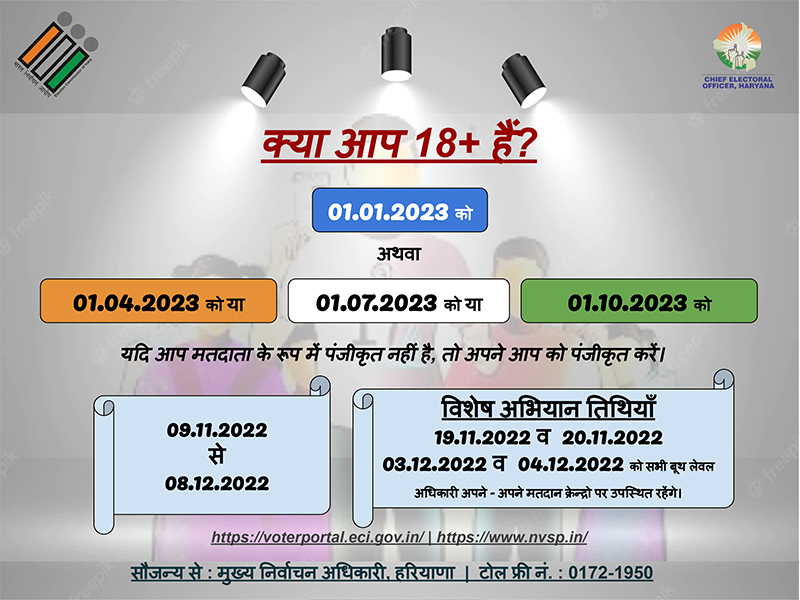M.Sc-Nutrition & Dietetics – MRIIRS
| Duration | 2 Yrs |
| Intake | 50 |
| COURSE FEES (Per annum) for Indian Nationals in Rupees | 1,41,000 |
| Criteria for Preparation of Merit list | I – Merit in MRNAT II – Marks in Qualifying Exam |
| Minimum Eligibility Criteria | 50% marks aggregate in Graduation from a recognized university with Bachelor’s degree in Nutrition, Home Science, Food Science/Technology, Biochemistry, Physiology, Microbiology, Agriculture and Life Sciences or equivalent examinations. |
Course Structure & Curriculum
To view course structure: Click here
To view curriculum: Click here
Program Education Objectives:
PEO 1 Graduates are prepared to be employed in hospital/health industries by providing expected domain knowledge.
PEO 2 Shape future researchers to address complex nutritional problems and resolve issues pertinent to mankind
PEO 3 Graduates are motivated in career and entrepreneurial skill development to become global leaders.
PEO 4 Produce lifelong learner graduates who are able to incorporate a new evidence based technology and knowledge into practice.
Program Outcomes
The learning outcomes-based curriculum framework is based on the premise that every student is unique. Each student has his/her own characteristics in terms of previous learning levels and experiences, life experiences, learning styles and approaches to future career-related actions. The quality, depth and breadth of the learning experiences made available to the
students while at the college/University help develop their characteristic attributes. The postgraduate attributes reflect both disciplinary knowledge and understanding and generic/global skills and competencies that all students in different academic fields of study should acquire/attain and demonstrate. Some of the desirable attributes which a postgraduate
student should demonstrate will include the following:
PO1.Critical Thinking: Take informed actions after identifying the assumptions that frame our thinking and actions, checking out the degree to which these assumptions are accurate and valid, and looking at our ideas and decisions (intellectual, organizational, and personal) from different perspectives.
PO2.Effective Communication: Speak, read, write and listen clearly in person and through electronic media in English and in one Indian language, and make meaning of the world by connecting people, ideas, books, media and technology.
PO3.Social Interaction: Elicit views of others, mediate disagreements and help reach conclusions in group settings.
PO4. Effective Citizenship: Demonstrate empathetic social concern and equity centred national development, and the ability to act with an informed awareness of issues and participate in civic life through volunteering.
PO5.Ethics: Recognize different value systems including your own, understand the moral dimensions of your decisions, and accept responsibility for them.
PO6.Environment and Sustainability: Understand the issues of environmental contexts and sustainable development.
PO7.Self-directed and Life-long Learning: Acquire the ability to engage in independent and life-long learning in the broadest context socio-technological changes
PO8.Scientific Reasoning using Quantitative/Qualitative Data: Demonstrate the ability tounderstand cause-and-effect relationships, define problems, apply scientific principles,analyze, interpret and draw conclusions from quantitative/qualitative data, and criticallyevaluate ideas, evidence and experiences from an open-minded and reasoned perspective.
PO9.Reflective Thinking: Demonstrate critical sensibility to lived experiences, with selfawareness and reflexivity of both self and society. -4-
PO10.Information/Digital Literacy: Demonstrate capability to use ICT in a variety of learning situations, demonstrate ability to access, evaluate, and use a variety of relevant information sources and to use appropriate software for analysis of data.
Program Specific Outcomes
PSO 1: Understand the concepts of clinical nutrition, food science and technology, sports nutrition and public health nutrition.
PSO 2: Apply theoretical concepts in laboratory setting as per standard methods in the above mentioned areas.
PSO 3: Understand the applications of nutritional sciences in dietary interventions in the field of clinical and sport sciences, communication for health promotion, food service management, food science and processing.
PSO 4: Acquire skills to undertake systematic research in the areas of Nutrition and Dietetics.



